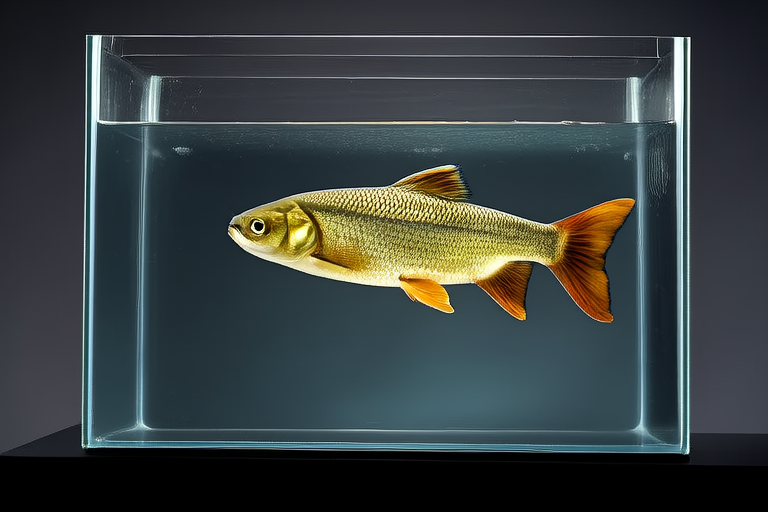The Ultimate Guide for New and Prospective Arowana Owners
Welcome to the fascinating world of arowanas! These magnificent creatures are not just beautiful but also come with a unique set of care requirements. This guide aims to equip you with everything you need to know about owning an arowana, from setting up their habitat to understanding their behavior and dietary needs.
Species Overview
Arowanas belong to the family Osteoglossidae and are native to tropical regions of South America, Africa, and Asia. They are known for their sleek, silvery bodies and long dorsal fins. The most popular species for aquariums are the Asian Arowana (Scleropages formosus), which is highly sought after due to its vibrant colors and status symbol in some cultures.

Tank Setup Requirements
Setting up a proper tank for your arowana is crucial. These fish require large tanks—minimum 300 gallons for juveniles and at least 500 gallons for adults. Ensure the tank has a sturdy lid as they can jump out. The water should be soft and slightly acidic with a temperature range of 78-84°F. Use a powerful filtration system and consider adding a heater if necessary.

Diet Specifics
Arowanas are carnivorous and require a balanced diet rich in protein. Feed them high-quality pellets designed for large predatory fish. You can supplement their diet with live or frozen foods like feeder fish, shrimp, and worms. Avoid overfeeding; feed them only what they can consume within five minutes twice daily.

Health Care Essentials
Regular water changes and maintenance are vital for keeping your arowana healthy. Monitor water parameters closely using test kits. Look out for signs of illness such as loss of appetite, unusual spots, or lethargy. Quarantine new additions to prevent introducing diseases into the main tank.

Behavioral Insights
Arowanas are generally peaceful but territorial, especially during feeding times. Provide ample space and hiding spots to reduce stress. They are intelligent and may even recognize their owners. Interact gently by placing food near the surface; however, avoid frequent handling.

Breeding Basics
Breeding arowanas is challenging but rewarding. Ensure optimal water conditions and provide ample spawning sites. Males guard eggs and fry until they’re ready to fend for themselves. Start with a pair of mature adults and give them time to acclimate before attempting breeding.

Common Mistakes to Avoid
- Underestimating tank size
- Ignoring water quality
- Overfeeding
- Failing to quarantine new fish
- Lack of research before purchase
By avoiding these pitfalls, you’ll create a healthier environment for your arowana.
Tips for Maintaining Your Arowana
Consistency is key when caring for arowanas. Maintain regular feeding schedules and monitor water conditions diligently. Consider joining local hobbyist groups for support and shared knowledge. Enjoy watching your arowana thrive in its well-cared-for environment.

With patience, dedication, and this comprehensive guide, you’ll be well on your way to becoming an expert arowana owner. Remember, each fish brings joy and responsibility, making the journey both fulfilling and enriching.
